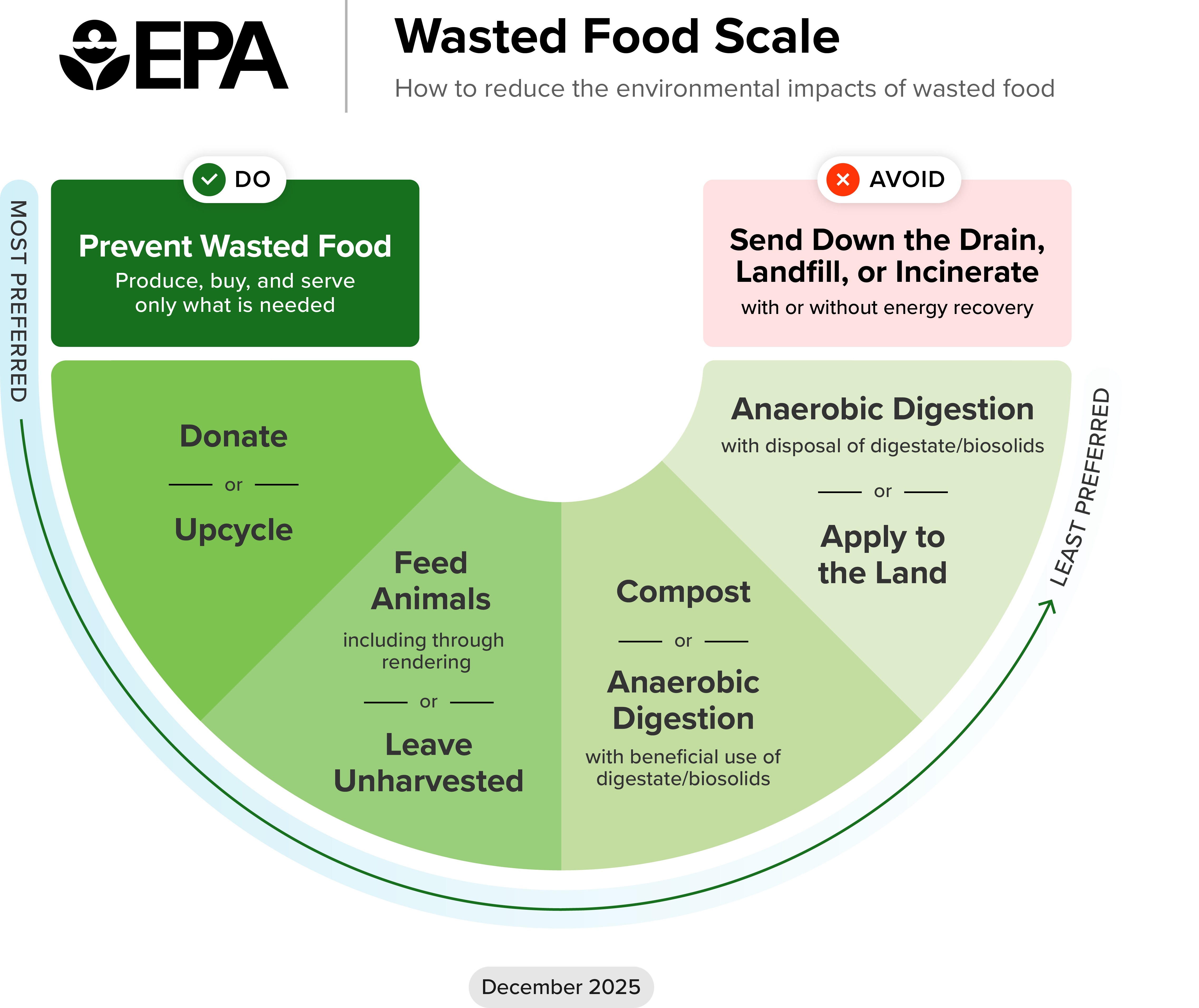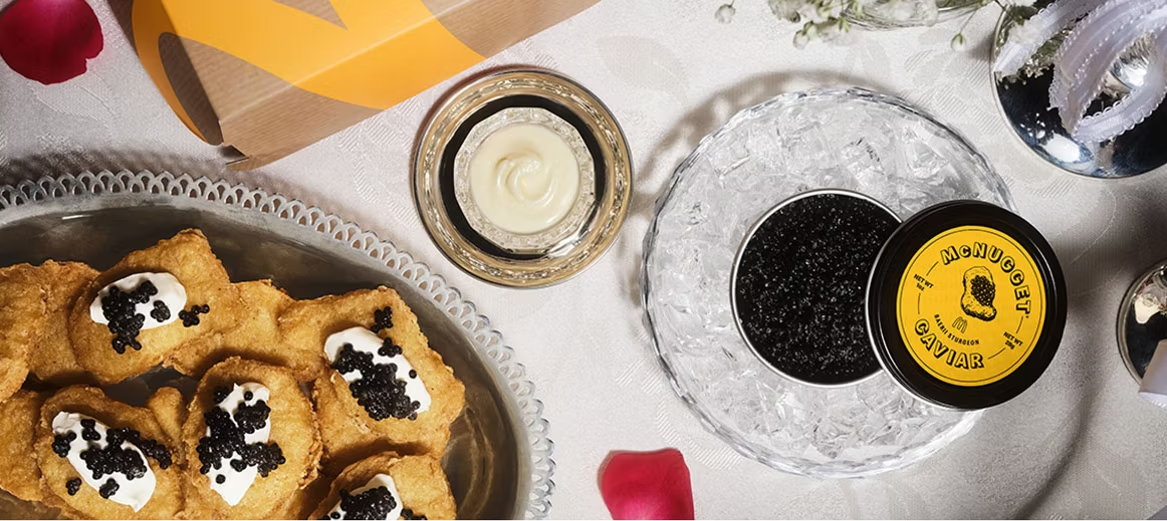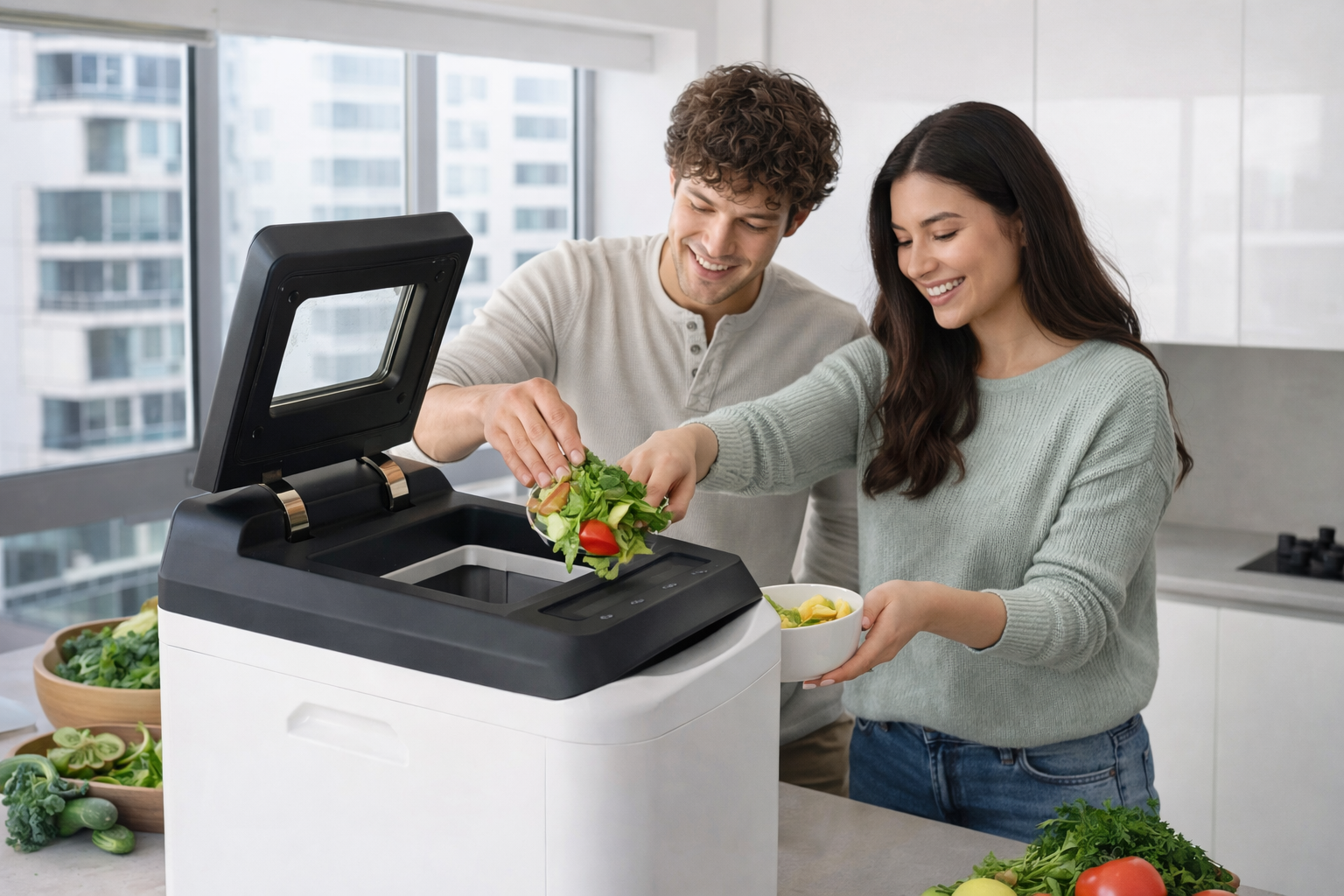Best Indoor Composter for Apartments: GEME Terra 2 vs. Lomi
Let’s be honest. You want to save the planet, but you don’t want your 500-square-foot apartment smelling like a dumpster behind a seafood restaurant. You want to compost at home without actually "composting", you know, the turning, the worms, the backyard you don’t have.
I get it. I’ve been there.
The good news? The age of the indoor composter is here. The bad news? The market is currently flooded with expensive machines that are lying to you. They claim to make "dirt," but in reality, they’re just expensive food dehydrators that grind your avocado skins into dust.
Today, we are looking at the two biggest names in the game: the Lomi (by Pela) and the GEME Terra 2 (the world’s first AI-powered kitchen composter). By the end of this, you won’t just know which machine is better, you’ll understand why calling one a "composter" is a bit of a stretch.








 (Image: NWS, Jan 27, 2026.
(Image: NWS, Jan 27, 2026. 